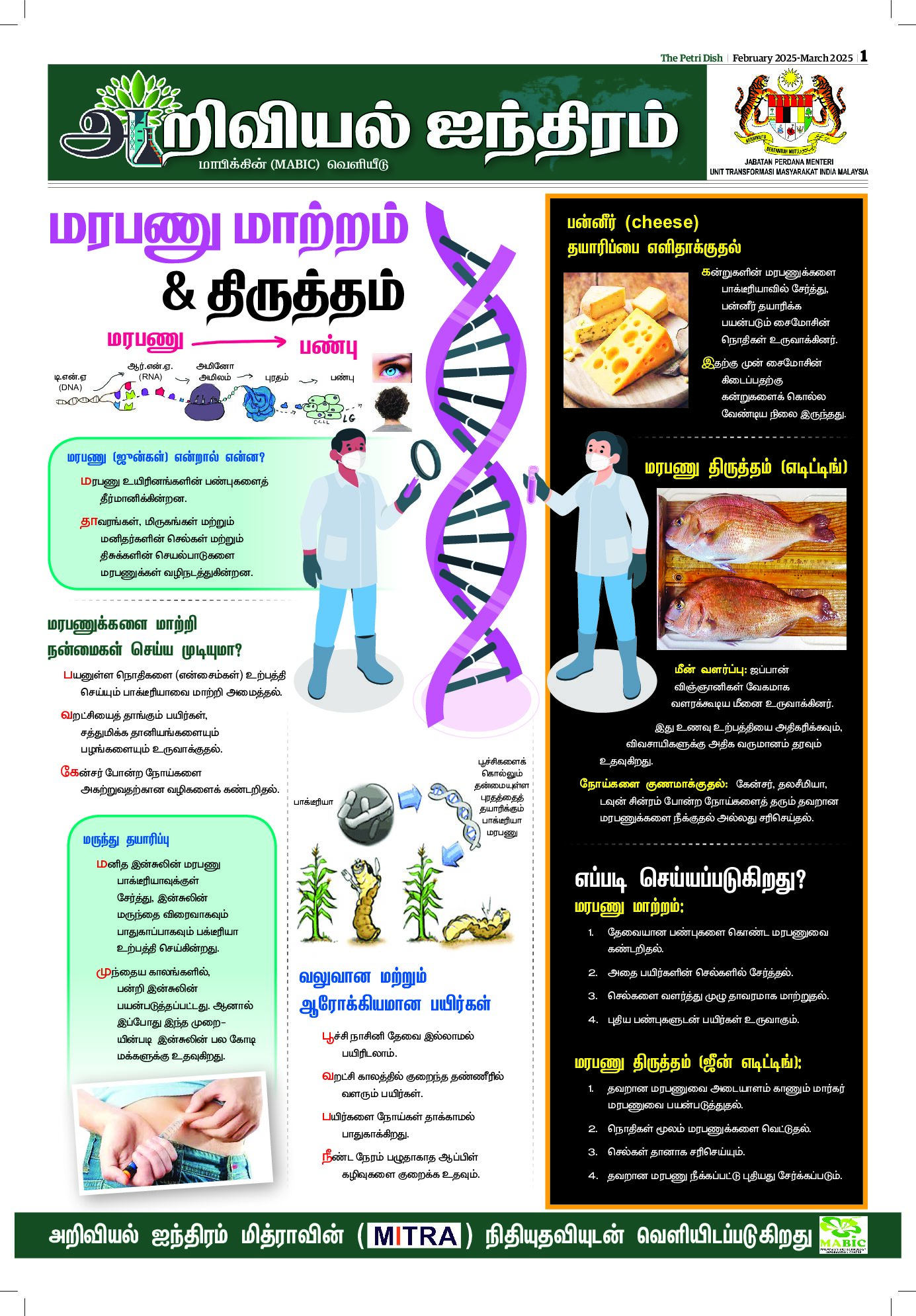KUALA LIPIS: Ecotourism can help boost the socio-economic status of rural communities. To highlight this, Project IC-CFS hosted 10 media people for an immersion experience in Kuala Lipis recently.
IC-CFS is the acronym for “Improving Connectivity in the Central Forest Spine” – a project established in 2014 with support from the United Nations Development Programme and funded by the Global Environment Facility.
The thee-day-two-night event held from Oct 17-19 was for the purpose of emphasising that community-based ecotourism activity are the main thrust of the IC-CFS Project.
The missional immersion programme to the Sungai Yu Ecological Corridor Area at Chegar Perah was led by Pahang state IC-CFS Project coordinator Muhammad Syafuan Ismail.
Some of the events hosted for the media group during the sojourn included two cave explorations – Gua Tahi Bintang and Gua Sisik Naga. The group also took to kayaking activity in Sungai Tanum and explored an Orang Asli village of the Batek tribe.
The media group was also given the opportunity to try their hand at making dodol gula kabung – a popular delicacy in Kuala Lipis. It actually originated from the little town of Benta in the Kuala Lipis district and is sought after by the people of Pahang and outstation visitors. This specialty confection has grown to become a hot item among rural people engaged in cottage industries among the many places it is available in Kampung Sungai Tamau.
According to Syafuan, IC-CFS has set up nuclear community-based organisations (CBO) for the local tribal communities. These CBOs help generate income through sustainable management of the natural forests. Jungle products and crafted handicrafts from natural resources are some of the products sold via the ecotourism ventures.
He said: “The indigenous and local communities living within the forests are directly being engaged to participate in cottage industries such as craftmanship to be a part of ecotourism attractions.
“We provide full support for the local people to take up ecotourism activities as part of their alternative income.”
He said for now, five villages namely; Kubang Rusa village, Felcra Sungai Temau, Felda Chegar Perah, Kampung Chegar Perah, and Kampung Paya Keladi are involved in the ecotourism project.
“We are hoping that more states will be encouraged to implement ecotourism to uplift indigenous communities”, added Syafuan.
“Besides assisting the local community to generate a sustainable income, having tourists engage in ecotourism is also a form of educating the public regarding how they can contribute to forest preservation. Currently, IC-CFS coordinates with local communities (Orang Asli) in Pahang, Perak, and Johor to help set up visiting sites and activities within their vicinity.
According to IC-CFS National Project Manager, Dr Samsudin Musa ecotourism can help to improve the status of the Orang Asli among the Malaysian population as well as improve relationships between the communities and wildlife.
He said: “The socio-economic status of the local Orang Asli communities as well as their support for conservation will be improved through the enhancement of livelihoods involving ecotourism and handicraft projects.
“By spreading awareness of ecotourism in Pahang, Johor, and Perak, IC-CFS hopes that other states in Malaysia will be motivated to implement the same to cater to the needs of the local communities in the country,” he added.











